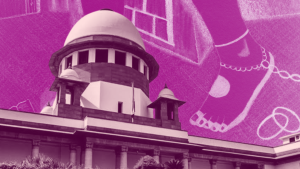[Readmelater]
Fact Check: Why Fears That SC Observation Will Widen Gender Pay Gap Are Baseless

Photo credit: Illustration by Simone Golob/Ikon Images/ newstatesman.com
Support BehanBox
We believe everyone deserves equal access to accurate news. Support from our readers enables us to keep our journalism open and free for everyone, all over the world.




